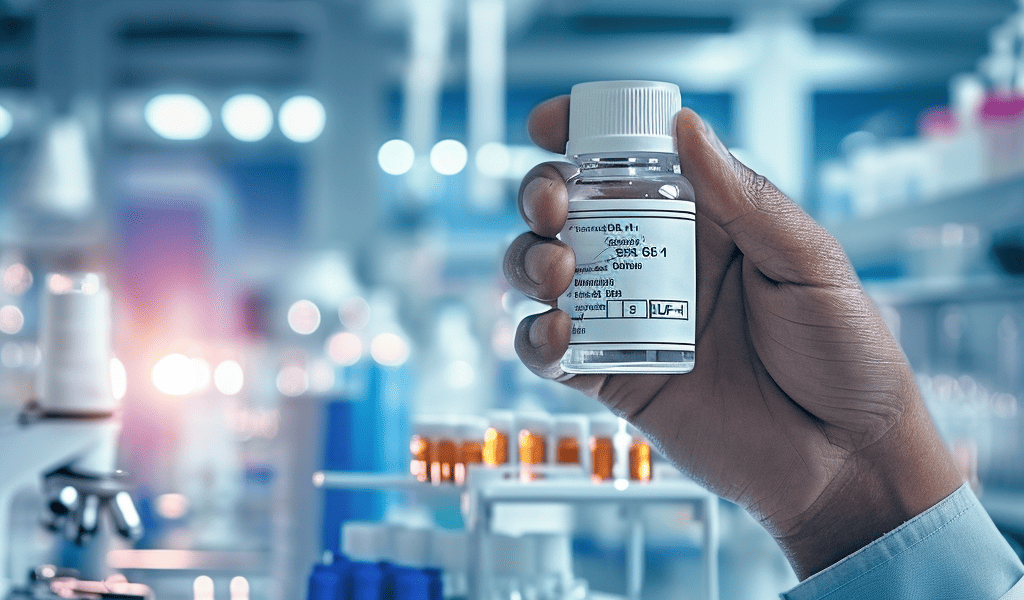A recent analysis by researchers in the US suggests that a drug commonly used to treat type 2 diabetes could also be effective in protecting against colorectal cancer (CRC). The drug, known as glucagon-like peptide-1 receptor agonists (GLP-1 RAs), has shown promising results in reducing the risk of CRC, as well as aiding in weight loss and preventing cardiovascular problems.
The study, conducted by medical research scientist Nathan Berger and his colleagues at the Case Western Reserve University School of Medicine, analyzed data from over 1 million patients with type 2 diabetes in a national US health record database. The researchers identified patients who had taken different treatments for type 2 diabetes and matched them based on various characteristics such as sex, race, age, and socio-economic status.
The findings revealed that patients treated with GLP-1 RAs showed a 44 percent reduction in CRC cases compared to those treated with insulin. Additionally, the study compared the effects of GLP-1 RAs with another commonly used drug, metformin, and found that the former was significantly more effective in preventing the development of CRC.
These results are particularly significant as they indicate that GLP-1 RAs may offer a dual benefit for individuals with type 2 diabetes by not only managing the condition but also reducing the risk of developing CRC. The implications of these findings could potentially lead to a shift in the approach to treating type 2 diabetes, with a focus on medications that offer additional protective effects against other serious health conditions.
While further research is needed to fully understand the mechanisms behind the protective effects of GLP-1 RAs against CRC, these findings provide valuable insights into potential treatment options for individuals with type 2 diabetes. As the medical community continues to explore new avenues for managing and preventing chronic diseases, the role of medications such as GLP-1 RAs in safeguarding against CRC represents a promising area for future investigation.





